Following on from a first SVN project in Rwanda in 2017, a team of six spent two and a half weeks in Kigali in May/June 2019. Four of us had been involved in the first project, and the others were making their first visit to Rwanda.
The project was planned jointly between the Education department of Kigali diocese and our team leader Ann, who was making her fourth visit to Rwanda. The idea was to spend three or four days in each school, but to be flexible as always.
The project was planned jointly between the Education department of Kigali diocese and our team leader Ann, who was making her fourth visit to Rwanda. The idea was to spend three or four days in each school, but to be flexible as always.
The first school we visited was not far from the city, but nevertheless, at the top of a hill in a very rural area. This school had been selected as it catered for all age groups from Nursery to Lower Secondary, and the whole team could support the teaching there, from advising the headteacher to helping with learning through play and group work in the nursery. We sympathised with the teachers who were having to teach in English when for some it was their third language after French and Kinyarwandan. The school was working hard to comply with government directives for buildings as well as curriculum.
We then went in different directions according to our skills and experience, and between us, visited some ten schools for varying amounts of time. The schools ranged from those with pupils from more prosperous families in the city to rural schools where families were subsistence farmers with very little income, and children’s attendance would be spasmodic depending on income, health and weather. However, the difficulties teachers are having – a new curriculum, teaching in a new style and in English with no resources – are the same in every school.
This year, we did not offer workshops on Saturdays, but we feel that is something we should do and will try to offer them should we be asked to go again. Teachers benefit as much from the chance to network with colleagues from different schools as they do from the workshops themselves. We have made suggestions for improving teachers’ confidence in spoken English, and we hope that we shall be able to return and see that they have been able to make progress. There will be opportunities to work in Rwanda long into the future!
We had some unexpected free time because of a national holiday, followed by school inspections. It gave us an opportunity to work with the members of the education department, who really appreciated the time to discuss their work with us. We also had the opportunity to join our Rwandan friends in their very moving memorial service at the cathedral, remembering friends and family who had died in the genocide. It was a priority, too, for those who were in Rwanda for the first time, to go to the national memorial and museum to understand better the effect of the genocide on everyone – even the new generation and those to come after them. Their education will continue to be a priority.
We then went in different directions according to our skills and experience, and between us, visited some ten schools for varying amounts of time. The schools ranged from those with pupils from more prosperous families in the city to rural schools where families were subsistence farmers with very little income, and children’s attendance would be spasmodic depending on income, health and weather. However, the difficulties teachers are having – a new curriculum, teaching in a new style and in English with no resources – are the same in every school.
This year, we did not offer workshops on Saturdays, but we feel that is something we should do and will try to offer them should we be asked to go again. Teachers benefit as much from the chance to network with colleagues from different schools as they do from the workshops themselves. We have made suggestions for improving teachers’ confidence in spoken English, and we hope that we shall be able to return and see that they have been able to make progress. There will be opportunities to work in Rwanda long into the future!
We had some unexpected free time because of a national holiday, followed by school inspections. It gave us an opportunity to work with the members of the education department, who really appreciated the time to discuss their work with us. We also had the opportunity to join our Rwandan friends in their very moving memorial service at the cathedral, remembering friends and family who had died in the genocide. It was a priority, too, for those who were in Rwanda for the first time, to go to the national memorial and museum to understand better the effect of the genocide on everyone – even the new generation and those to come after them. Their education will continue to be a priority.
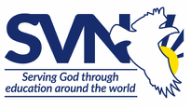
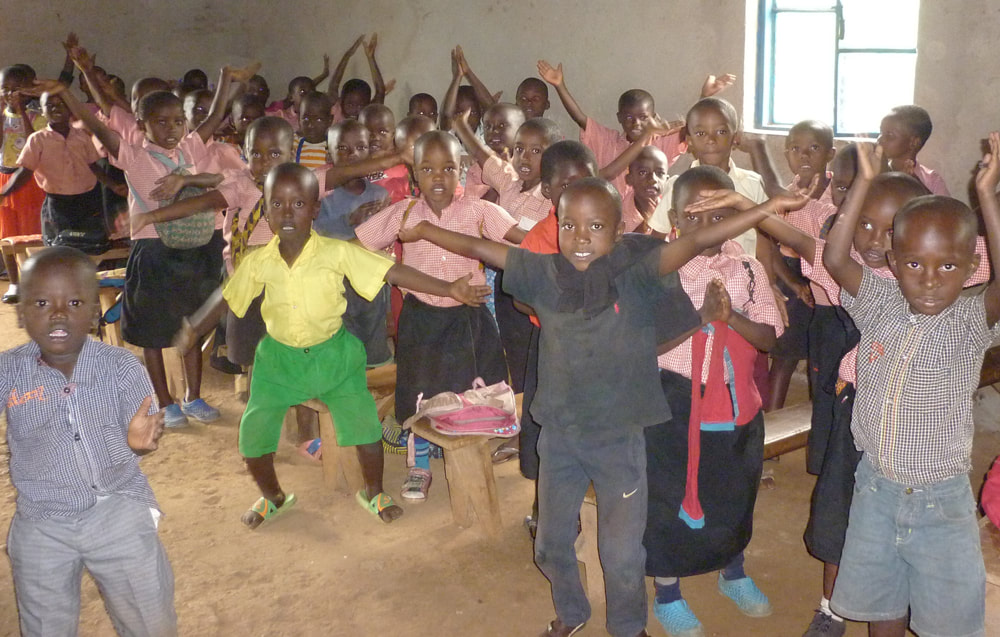
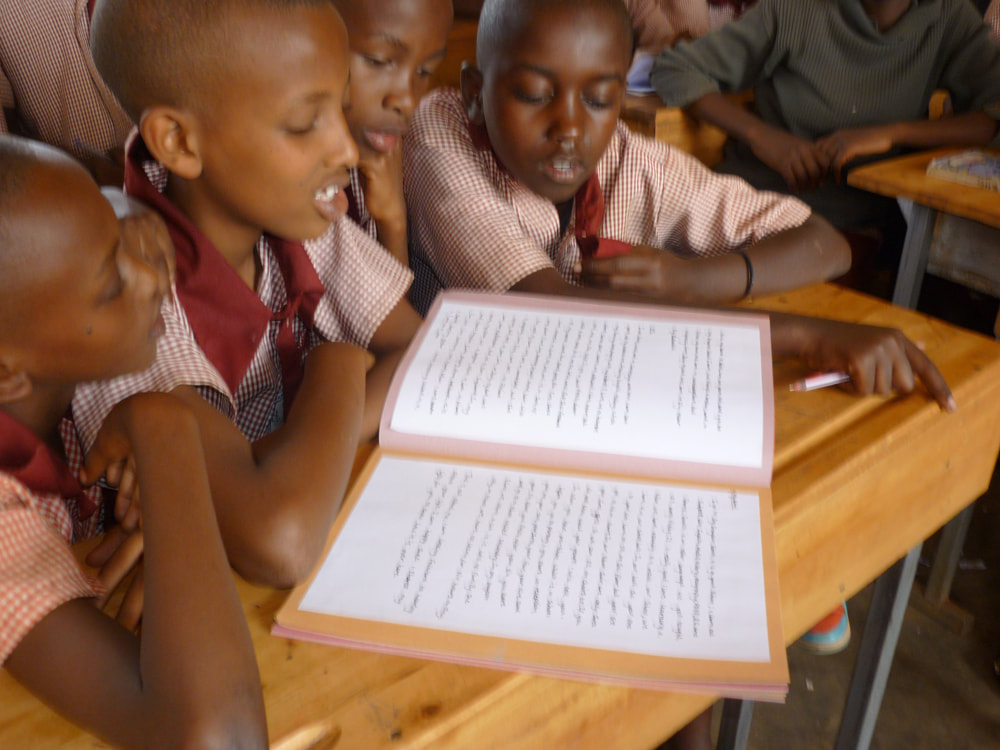
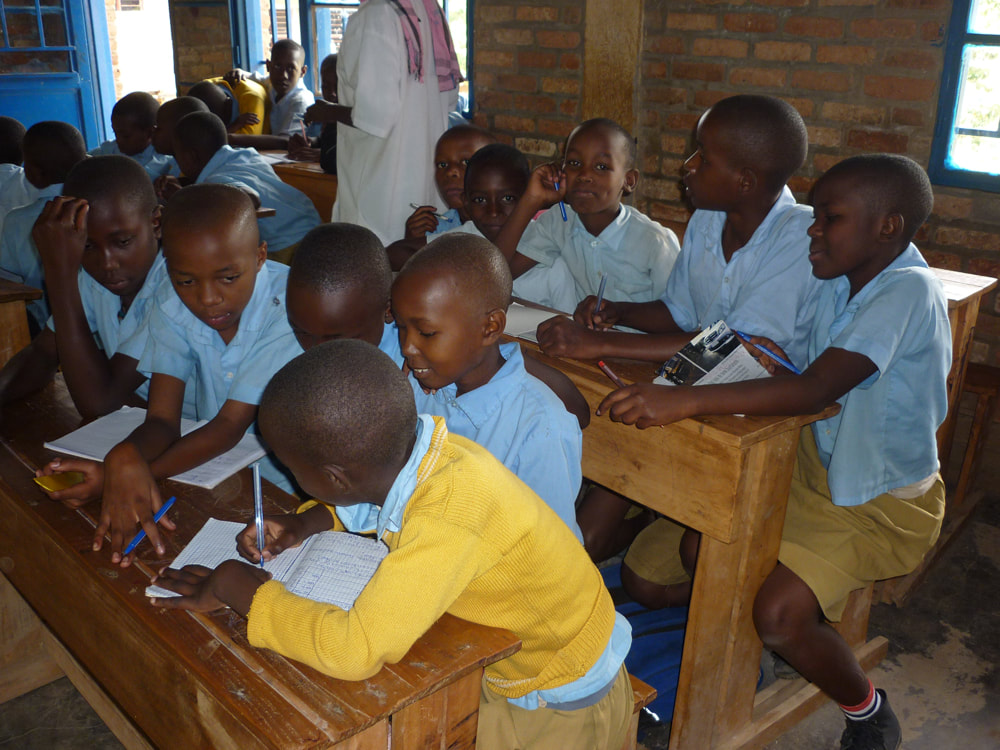
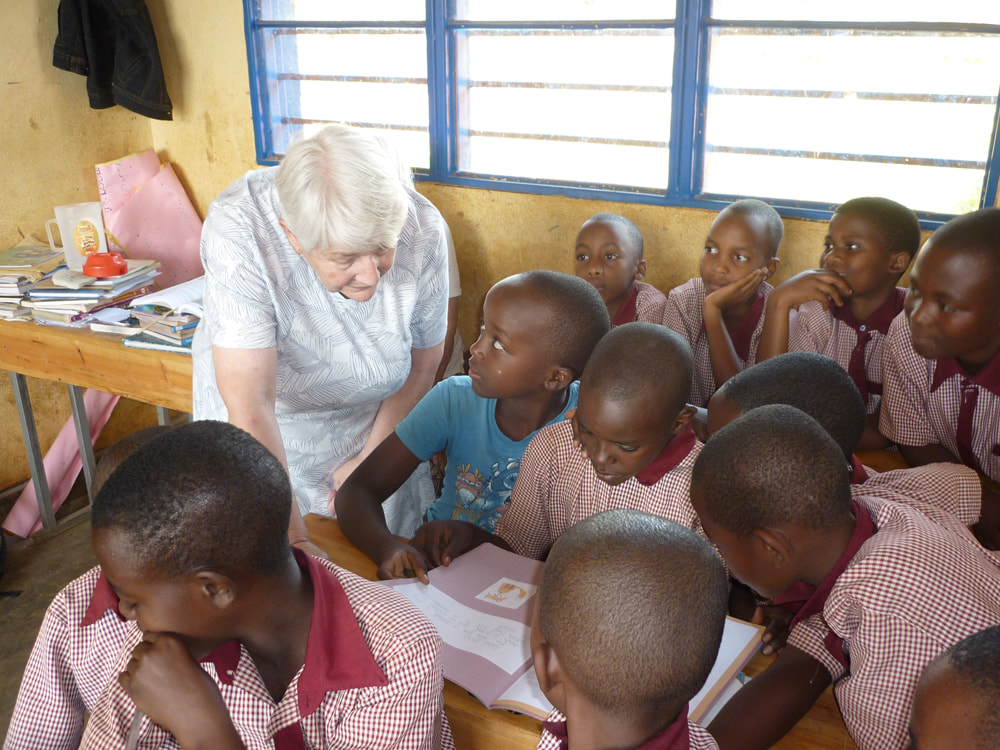
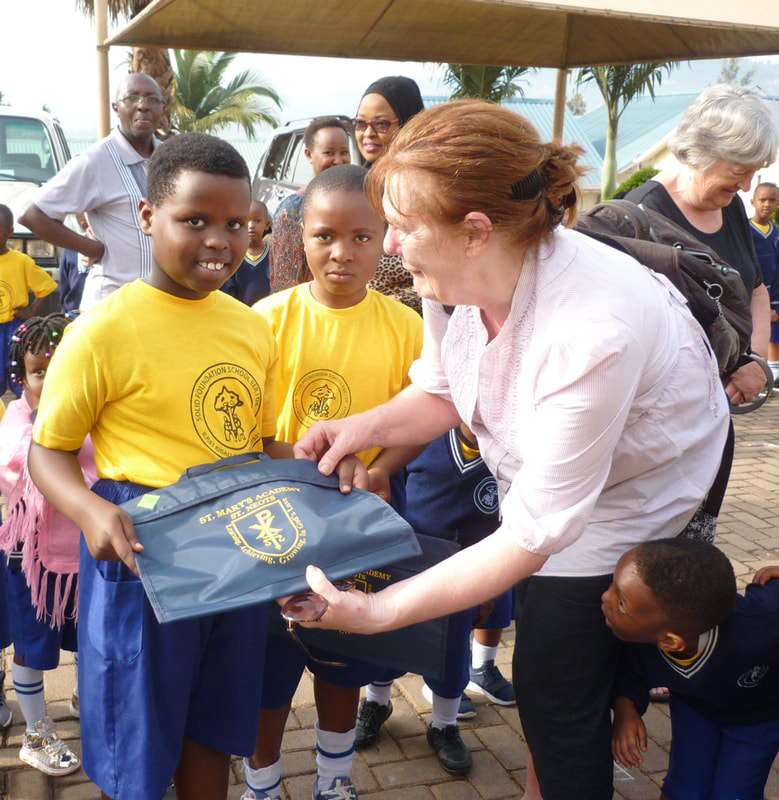
 RSS Feed
RSS Feed
